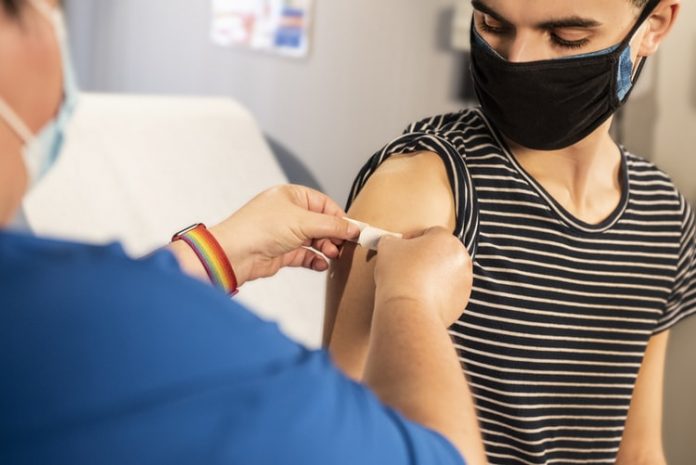The Ontario government is working with public health units and publicly funded school boards to plan and host vaccination clinics in or nearby schools to continue to fight COVID-19. Clinics are expected to run before school starts and during the first few weeks of school. The program is part of the province’s last mile strategy to target those who have yet to receive a first or second dose and will provide accessible and convenient access to vaccines for eligible students and their families, as well as educators and school staff who are returning to school this fall.
While COVID-19 vaccination continues to be voluntary for anyone eligible in Ontario, health experts encourage anyone who is able to get the vaccine as a highly effective tool in the fight against COVID-19 and its variants.
The education sector, and public health units, have played a critical role in getting youth vaccinated, and keeping students and families safe during this historic pandemic. As Ontario continues with its vaccination program and rollout, ensuring all eligible Ontarians who wish to receive the vaccine can get one will ensure schools remain open for in-person learning for the full school year.
“We have made tremendous progress getting students, staff and their families vaccinated – they are critical to protecting schools and keeping our communities safe,” said Stephen Lecce, Minister of Education. “As part of the last mile campaign to reach as many students and staff as possible and to keep schools as safe as possible, we are requiring school boards and public health units to roll out clinics in or close to schools. By making vaccines more accessible, and with a cautious reopening in September following the expert advice of the Chief Medical Officer of Health, we will further bolster our fight against COVID-19 and variants.”
As of August 15, more than 69 per cent of youth aged 12 to17 have received a first dose of the COVID-19 vaccine and 56 per cent have received a second dose. School-focused vaccination clinics will support increased uptake for eligible students, as well as education staff, and a safer return to school in the fall.
“It is great news that our students are returning to school this fall, and that kids and youth will finally be together with their classmates to learn and get back to the activities they love,” said Dr. Moore, Chief Medical Officer of Health. “This is crucially important for their mental, physical and social wellbeing. Having vaccination clinics at our schools will make it more convenient for students to receive their vaccine in a familiar and comfortable environment and will help to ensure a safer and sustained reopening of our schools.”
With respect to consent at school-focused clinics, COVID-19 vaccines will only be provided if informed consent is received from the individual, including eligible students, and as long as they have the capability to make this decision. Health care providers, the school, and families must respect a young person’s decision regarding vaccination. Parents and guardians are encouraged to discuss vaccination with their children prior to attending a school vaccination clinic.
All vaccines delivered as part of Ontario’s vaccine rollout provide high levels of effectiveness against hospitalization and death from COVID-19 and its variants, including the Delta variant. During July 2021, unvaccinated individuals were approximately eight times more likely to get infected with COVID-19 compared to those who were fully vaccinated.
Quick Facts
- Public health units and school boards will work together to ensure school-focused clinics are accessible, work for their communities, and adhere to health and safety guidance.
- School-focused clinics will be aimed at youth, their families, and education staff who have not yet received a first or second dose.
- School-focused clinics can operate before, during, or after school hours
- Clinics can either be on school property or be off-site in partnership with school boards and operate like any other vaccine clinic.
- In response to the pandemic, the government made over $1.6 billion in temporary resources available for the 2020-21 school year to support the safe reopening and operation of schools.








